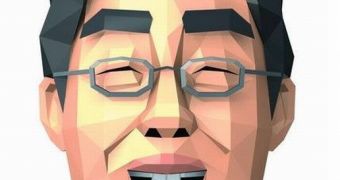A cognitive psychology professor at the University of Rennes in France, Alain Lieury, says that, despite the various advertisements, Brain Age does nothing to improve the cognitive performance of those playing it.
Brain Age is one of the few videogames that claim to be good for kids. Since its 2006 release, the Nintendo DS game has been marketed as a way to increase the intelligence of kids, by letting them play puzzles, mathematics problems and other mini games designed to increase the flow of blood and the level of activity in the pre frontal cortex.
Ryuta Kawashima, who is the face of the series, claimed that “The more you use the brain in a challenging way, the better it can work. We know that the mental processes of our brain start to weaken if we only use it in our routine daily life.”
Lieury conducted a seven-week-long test on groups of ten year olds, some having played Brain Age, some being treated to pen and paper puzzles, with others acting as a control group. They were tested for memorization, logic and math, and the results showed that playing the Nintendo DS game did not make a whole lot of impact.
Lieury said that “There were few positive effects and they were weak. Dr. Kawashima is one of a long list of dream merchants,” while adding that “If it doesn't work on children, it won't work on adults.”
On the other hand, other studies, like that conducted by Learning and Teaching Scotland with Her Majesty’s Inspector of Education and the University of Dundee showed that the children who played the game for 20 minutes before each school day improved their results by more than 50% over those who had not played it.

 14 DAY TRIAL //
14 DAY TRIAL //